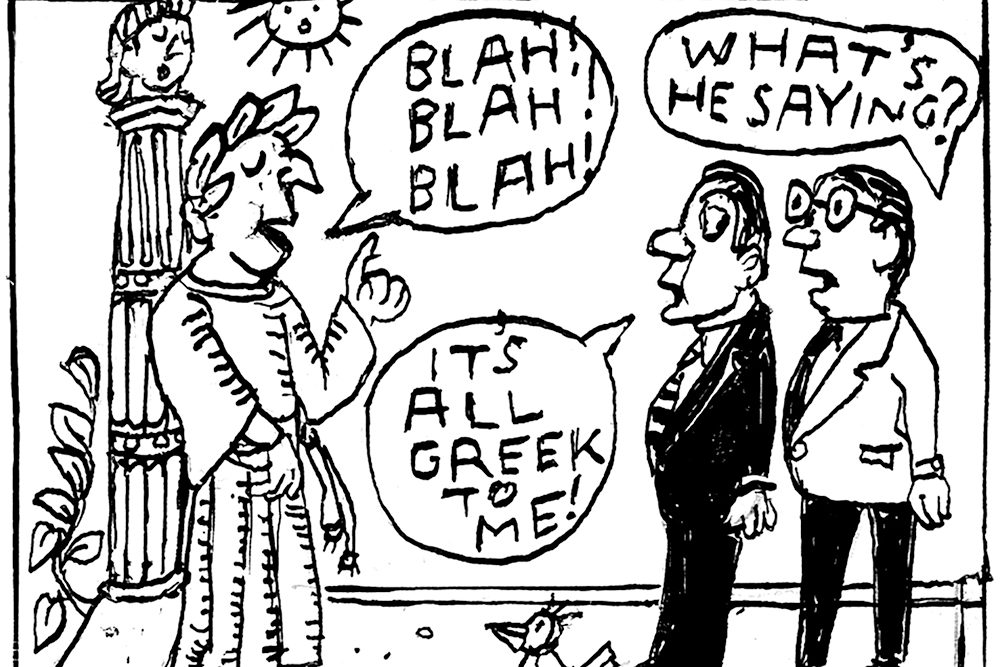“There’s no such word,” said my husband. Well, he has been wrong before. For him precarity doesn’t exist; he admits precariousness. Yet precarity is now in vogue among campaigners. Precariousness is used by non-specialists.
It is laughable to see how precarity has become grist for the academic mill. Among recent books on precarity are: Contesting Precarity in Japan (2020); Queer Precarities in and out of Higher Education (2020); In Pursuit of Revolutionary Love: Precarity, Power, Communities (2022); Migrant Academics’ Narratives of Precarity and Resilience (2023); and in October Precarity in European Film. I like the niche appeal (“in Japan,” “migrant academics”) combined with a universal application (“in and out of higher education”). The idea is that life is more precarious than it used to be. I’m not sure. Domestic service, casual dock work, housing shortages were not a good way of providing stability.
Oddly enough the person responsible for popularizing precarity is that saintly woman Dorothy Day. She knew poverty as oppressive and harmful to the poor, but embraced voluntary poverty as a virtue. In this context, in the Catholic Worker for May 1, 1952, she quoted a priest from Martinique: “Precarity is rejected everywhere, and precarity is an essential element of poverty.”
There, precarity translates the French précarité. Both words are related to a knot of terms deriving from the Latin preces, “prayers.” In 1610 John Boys, the dean of Canterbury, remarked that “Psalmes are of sundry matters and arguments, exhortatory, consolatory, precatory, deprecatory.”
In the Middle Ages, precarium was a kind of insecure land tenure: “Originally the grantor retained ownership of the land and could revoke the grant at any time, but in later practice the tenant usually gained security of tenure.”
In the past thirty years, precariat, modeled on proletariat, has come into use for the millions without a stable anchor (see The Precariat: The New Dangerous Class, 2021). As an identifier in class war, I doubt its usefulness.
This article was originally published in The Spectator’s January 2024 World edition.






















Leave a Reply